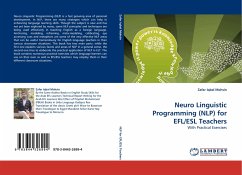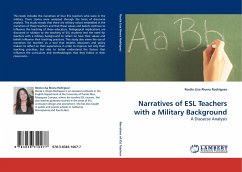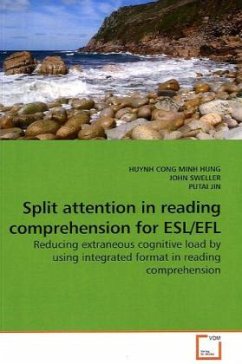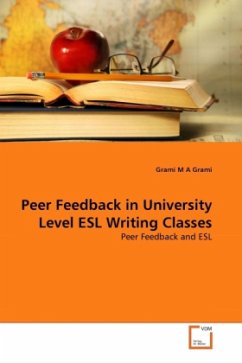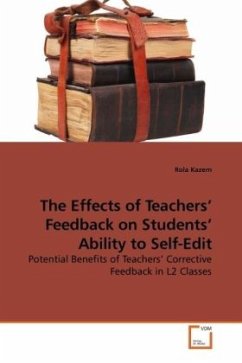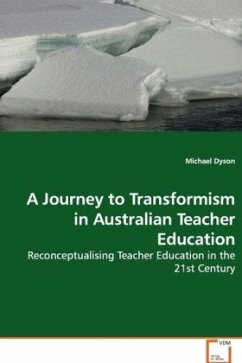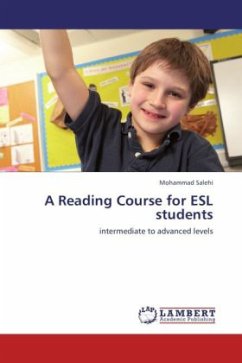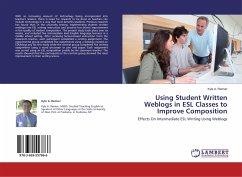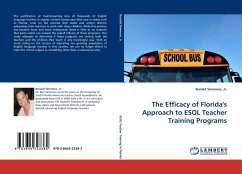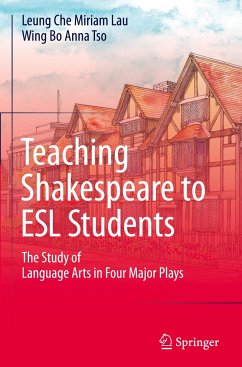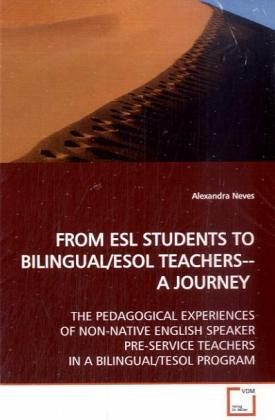
FROM ESL STUDENTS TO BILINGUAL/ESOL TEACHERS--A JOURNEY
THE PEDAGOGICAL EXPERIENCES OF NON-NATIVE ENGLISH SPEAKER PRE-SERVICE TEACHERS IN A BILINGUAL/TESOL PROGRAM
Versandkostenfrei!
Versandfertig in 6-10 Tagen
51,99 €
inkl. MwSt.

PAYBACK Punkte
26 °P sammeln!
The rapid change in the U.S. school population has fostered an ongoing debate over effective ways to create inclusive contexts for second language learning, as well as a growing concern for the educational needs of English language learners (ELLs). But what happens when former ELLs themselves enter programs to become bilingual or ESOL teachers? Are the same principles of inclusive learning and concern for students educational needs taken into consideration in training this special group of teachers? These questions are discussed based on the findings of a study at a U.S. university. The study ...
The rapid change in the U.S. school population has
fostered an ongoing debate over effective ways to
create inclusive contexts for second language
learning, as well as a growing concern for the
educational needs of English language learners
(ELLs). But what happens when former ELLs themselves
enter programs to become bilingual or ESOL teachers?
Are the same principles of inclusive learning and
concern for students educational needs taken into
consideration in training this special group of
teachers? These questions are discussed based on the
findings of a study at a U.S. university. The study
focuses on the pedagogical experiences of six non-
native English speaker (NNES) bilingual/ESOL pre-
service teachers, and examines how well the teacher
education program at the university meets the
educational needs of this group. Four emerging
themes are presented, along with recommendations for
teacher preparation programs.
fostered an ongoing debate over effective ways to
create inclusive contexts for second language
learning, as well as a growing concern for the
educational needs of English language learners
(ELLs). But what happens when former ELLs themselves
enter programs to become bilingual or ESOL teachers?
Are the same principles of inclusive learning and
concern for students educational needs taken into
consideration in training this special group of
teachers? These questions are discussed based on the
findings of a study at a U.S. university. The study
focuses on the pedagogical experiences of six non-
native English speaker (NNES) bilingual/ESOL pre-
service teachers, and examines how well the teacher
education program at the university meets the
educational needs of this group. Four emerging
themes are presented, along with recommendations for
teacher preparation programs.



